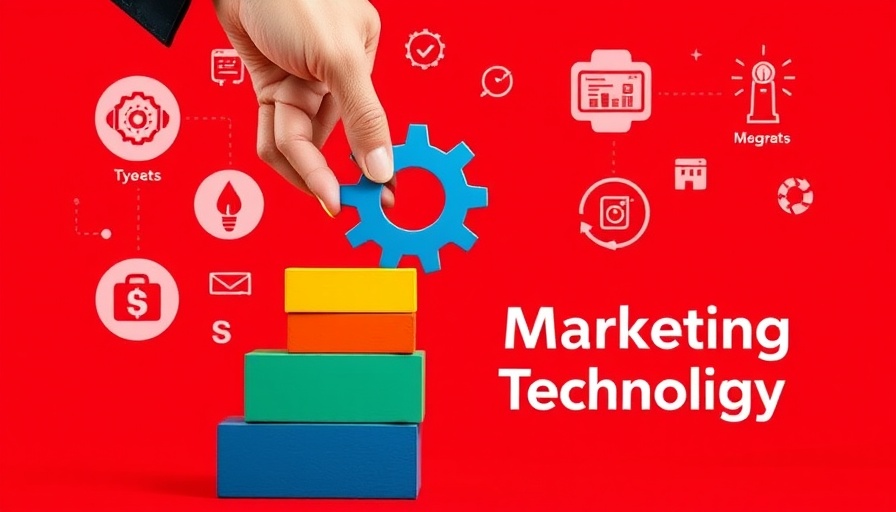
How AI is Transforming Marketing Education
The collaboration between Macquarie Business School and Robotic Marketer showcases a significant shift in marketing education, illustrating how artificial intelligence (AI) is integrating seamlessly into the academic curriculum. Traditional learning paradigms are evolving; this program not only enhances students' academic performance but also equips them for real-world challenges by placing them at the forefront of AI-backed marketing strategies. As organizations worldwide adopt such innovations, preparing students through hands-on experiences becomes necessary.
Creating Tailored Solutions for Diverse Businesses
The initiative aims to support over 250 businesses in New South Wales by providing customized marketing strategies driven by AI insights and student creativity. This form of personalized service means that each of these companies will receive recommendations tailored to their unique situations, industries, and market demands. The emphasis here is on specialization rather than generic solutions, highlighting the importance of understanding distinct market segments as businesses navigate an increasingly complex landscape.
The Importance of Hands-On Experience in Marketing
For marketing students, this program transcends the boundaries of conventional education, providing practical experience through real-world business engagements. Participating students will conduct workshops, analyze market positioning, and collaborate directly with companies. This framework mimics agency-like environments, as students face actual marketing challenges instead of hypothetical scenarios, thereby enriching their skill sets and enhancing employability post-graduation.
Bridging the Gap Between Theory and Practice
Learning through doing offers numerous advantages in marketing education—it allows students to apply theoretical knowledge in practical situations. By engaging in detailed strategies encompassing customer personas, competitive analysis, and channel planning, they gain valuable insights that pure theoretical learning often overlooks. This experiential method ensures graduates are well-prepared to face the demands of modern-day marketing roles; they will be adept not just in executing marketing strategies but also innovating new approaches.
The Role of AI in Enhancing Strategy Development
Central to this innovative program is the application of AI technology, which streamlines the marketing strategy development process. Robotic Marketer's AI platform enhances the student experience by rapidly generating insights based on comprehensive data analysis. It equips students with advanced recommendations while ensuring they retain oversight over the final strategy formulation, establishing a synergy between human expertise and machine learning. This partnership not only enhances creativity but also assures applicability in real-world scenarios.
A Unique Educational Opportunity
The program encapsulates the future of education in marketing, utilizing AI to create a unique learning environment that fosters innovation, creativity, and technical expertise. As students delve into this rigorous eight-week program, they not only acquire practical skills but also gain the confidence to tackle diverse marketing challenges—skills that will undoubtedly prove advantageous in any marketing role.
Preparing Students for Future Trends
With technology enveloping every facet of marketing, the ability to leverage AI effectively and create value for businesses becomes paramount. This initiative at Macquarie Business School not only anticipates the needs of future employers but also sets a precedence for how higher education can embrace technological advancements. The hands-on experience promises to yield graduates well-versed in digital marketing strategies, analytic tools, and future innovation trends.
In conclusion, this program offers unparalleled education and business value, presenting a blueprint for future collaborations between academia and industry. By leveraging AI to enhance learning and provide tailored marketing solutions, it prepares students to excel in the dynamic landscape of digital marketing. You'll want to stay updated on this program if you are interested in the intersections of education, technology, and marketing practices in Australia.
 Add Row
Add Row  Add
Add 




Write A Comment